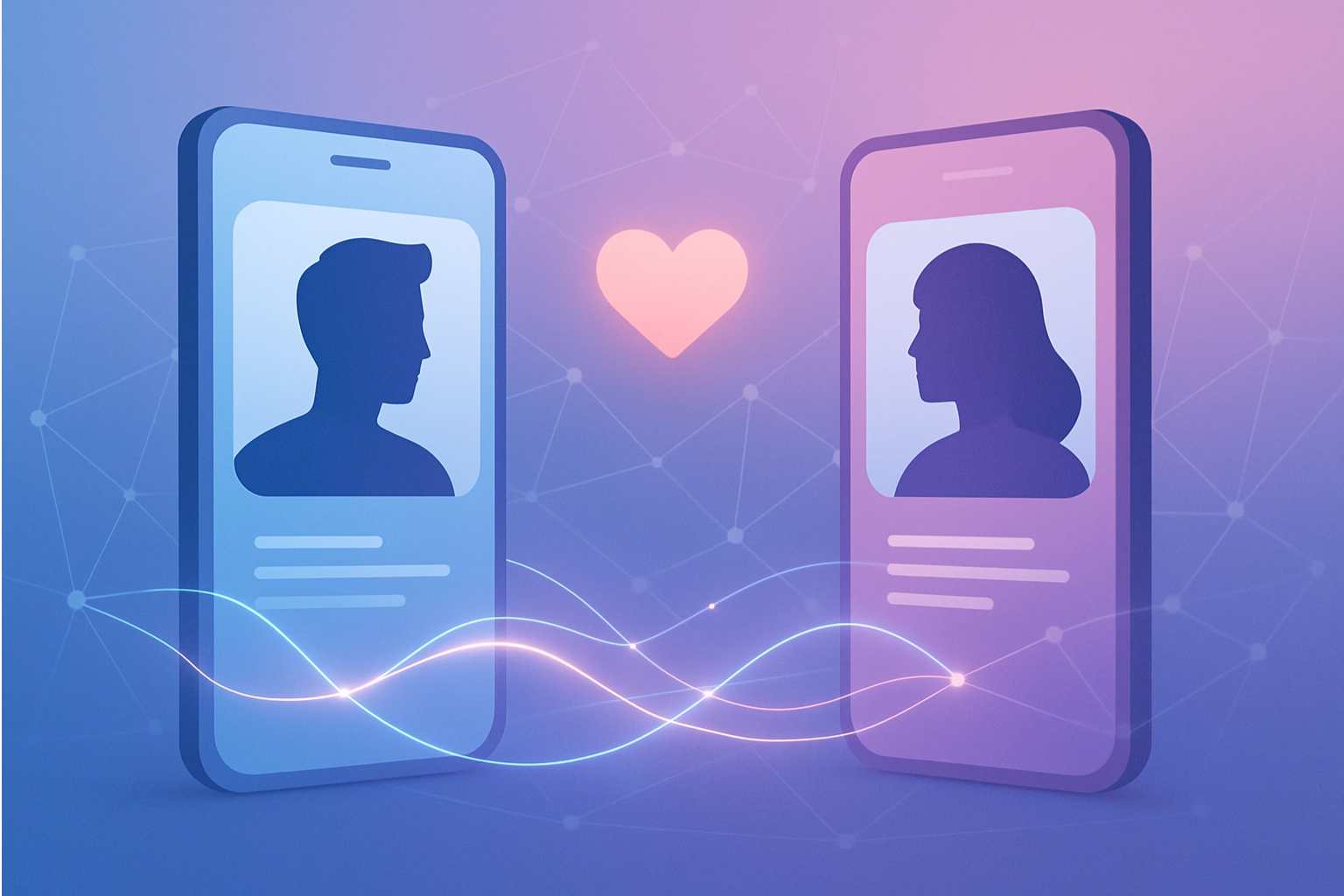Educational apps and platforms are transforming the way we learn, providing access to high-quality learning resources from anywhere in the world. As technology advances, these tools will become more innovative and accessible, promising a revolution in education by 2024.
With the growing demand for flexible and personalized education, educational apps and platforms have adapted to meet a variety of learning styles and needs. Let’s explore how these solutions are shaping the future of education and what the best options are available this year.
Online Learning Platforms in 2024
As online learning continues to evolve, several platforms stand out for offering exceptional courses and interactive features that effectively engage students.
Coursera
Coursera has been an undisputed leader in the online education space, offering a wide range of courses from world-renowned universities. In 2024, the platform expanded its catalog with more interactive courses, including augmented reality and AI-powered learning.
Coursera not only facilitates access to quality education but also offers certifications that are highly valued in the job market, making it an essential tool for continuous professional development.
Khan Academy
Khan Academy continues to provide free educational resources for students of all ages. Its comprehensive lessons in math, science, and humanities are accompanied by hands-on exercises that reinforce self-directed learning and self-efficacy.
In 2024, Khan Academy introduced new adaptive learning modules that adjust the difficulty of content as a student progresses, providing a truly personalized learning experience.
Duolingo
Known for its focus on languages, Duolingo has revolutionized language learning with its gamified approach. This year, the platform launched a new language immersion program that simulates real-world conversations with native speakers, significantly improving user fluency.
Duolingo not only makes language learning fun, it also makes it accessible, with free courses that allow anyone to learn a new language at their own pace.
EdX
EdX is a partnership between the world’s top universities, offering a variety of courses ranging from computer science to philosophy. In 2024, EdX expanded its offerings with micro-credentialing programs and masterclasses led by industry experts.
Google Classroom
As a tool that facilitates remote education, Google Classroom has helped teachers and students stay organized. This year, it incorporated new features that allow for deeper integrations with other Google services, increasing the effectiveness of the delivery and management of educational content.

Innovative Features in Educational Platforms
Modern education platforms don’t just deliver content; they also offer tools to track progress, personalize the learning experience, and facilitate interaction between students and educators. AI integration and the use of data to personalize learning are among the most impactful innovations of 2024.
Personalizing Learning: Many platforms now use artificial intelligence algorithms to tailor content to the specific needs of each learner. This can include adapting the difficulty of exercises, suggesting topics that need reinforcement, and even personalizing learning paths based on the user’s learning style.
Augmented Reality (AR) and Virtual Reality (VR): AR and VR are increasingly being incorporated to create immersive experiences that allow students to explore virtual environments, such as laboratory simulations or historical reconstructions, providing a deeper understanding of the content studied.
Predictive Analysis: Using big data, platforms can predict student needs before they even become apparent. This allows for more proactive interventions to help students overcome challenges before they negatively impact academic performance.
Gamification: Many apps are incorporating gamification elements to increase student engagement and motivation. This includes points, levels, badges, and leaderboards to incentivize and reward students for their progress and achievements.
Automated Assessments and Immediate Feedback: Learning platforms can provide automated assessments that are instantly graded, providing immediate feedback to students. This allows students to understand their mistakes and learn from them in real time.
Online Discussion and Collaboration Forums: To foster a learning community, many platforms include discussion forums where students can collaborate, discuss study topics, and help each other. Additionally, integration with online collaboration tools facilitates group work and collaborative projects, even remotely.
Accessibility and Multilingual Support: Platforms are increasingly accessible, offering support in multiple languages and accessibility tools to ensure that all students, regardless of their physical or linguistic abilities, can benefit from educational resources.
Diversity and Inclusion Support
In addition to the features already mentioned, educational platforms in 2024 are increasingly focused on supporting diversity and inclusion. This is reflected in several improvements and new features designed to ensure that all students, regardless of their background or needs, can benefit equally from the educational resources available.
- Culturally Diverse Content: Platforms are incorporating teaching materials that represent a wide range of cultures and perspectives, helping to create a more inclusive and representative learning environment. This not only enriches the educational experience but also fosters understanding and mutual respect among students from different backgrounds.
- Improved Accessibility Tools: Assistive technologies such as screen readers, captions on videos, and adaptive interfaces are being improved to ensure that students with disabilities can access and interact with content effectively. This also includes customizable user interface adjustments to meet specific needs, such as high contrast and adjustable text sizes.
- Support Programs for Second Language Learners: With the rise of multilingual learners, many platforms are expanding their features to include additional support for second language learners. This can include built-in glossaries, content translations, and language practice tools designed to help these students overcome language barriers in learning.
- Policies and Training for Educators: The platforms also offer training and resources for educators on how to create an inclusive learning environment. This ranges from raising awareness about diversity issues to pedagogical techniques that support equity in education.
- Ongoing Feedback and Dialogue with the Community: Encouraging ongoing user feedback allows platforms to adjust their features and functionality to better meet the needs of a diverse student population. This includes feedback forums, regular surveys, and direct communication channels with developers and administrators.
Conclusion
In short, the educational apps and platforms of 2024 are equipped with cutting-edge technology and offer a variety of features that cater to the needs of a global user base. They not only facilitate access to quality education but also prepare students for the challenges of the future.
FAQ
1. What are the main advantages of educational apps in 2024?
The apps offer flexibility, accessibility and a wide range of features that support both self-learning and structured teaching.
2. How to choose the right educational platform?
Consider the type of content offered, the features available, and reviews from other users.
3. Is it possible to obtain certifications through these platforms?
Yes, many platforms offer certifications that are recognized in the job market.
4. How is technology transforming learning in 2024?
Technology, especially AI, is personalizing learning and making education more adaptive and interactive.
5. How important is multilingual support in learning platforms?
Multilingual support allows users from different parts of the world to access learning content without language barriers.





